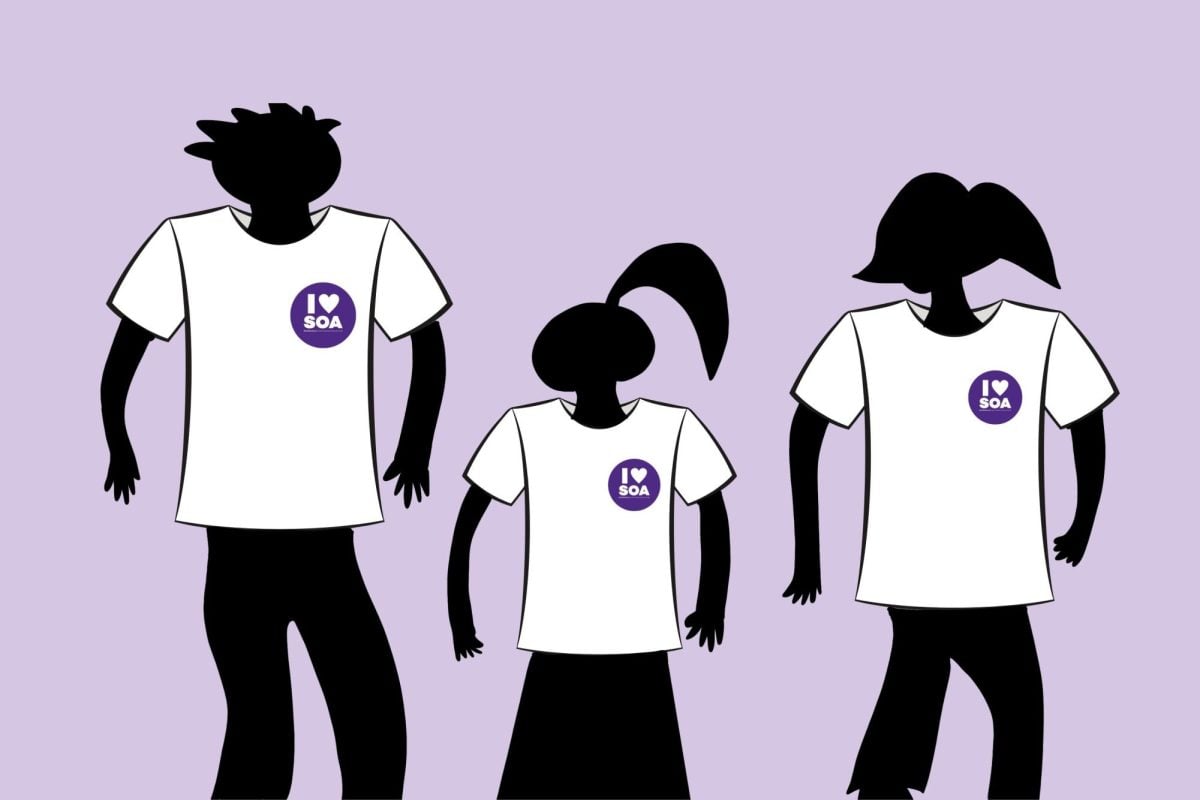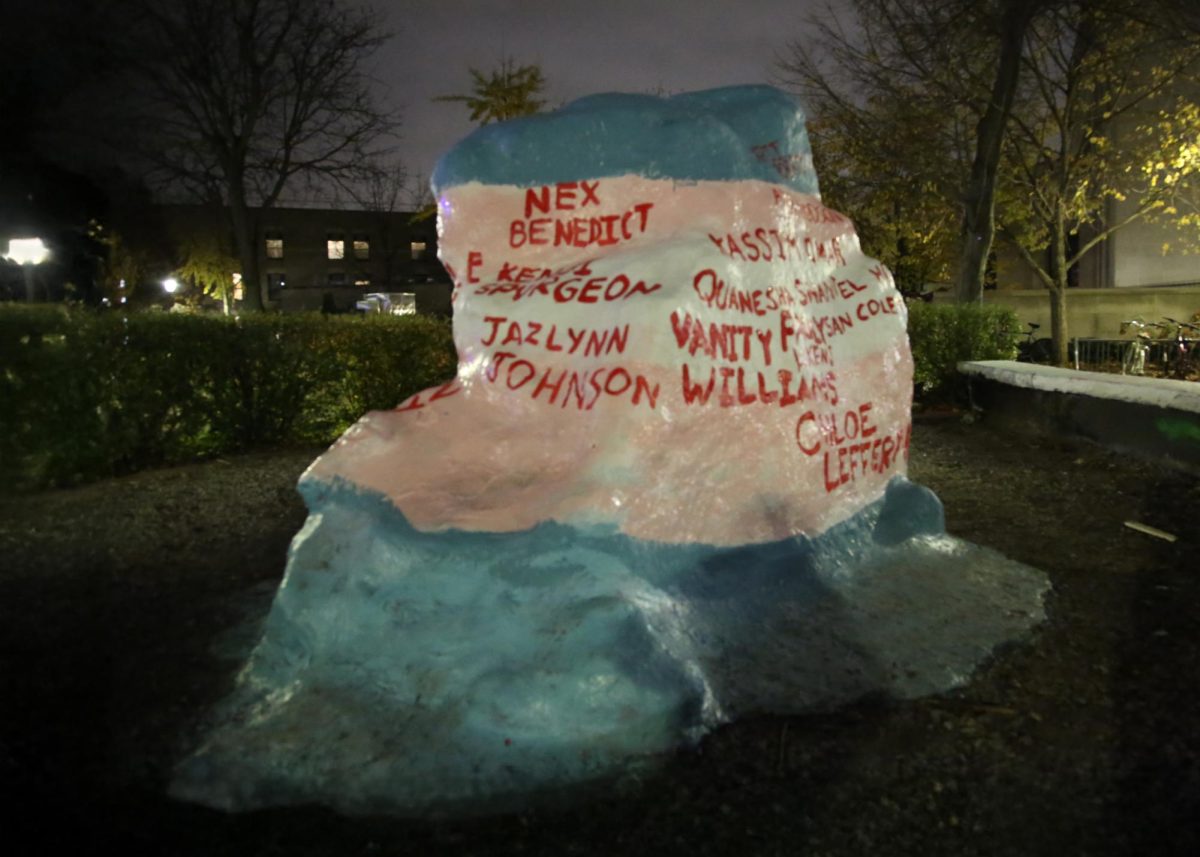A new Kellogg School of Management startup beginning its operations this finals week aims to reduce waste produced during the dormitory move-out process by selling students’ old belongings and donating the proceeds to local charities.
Move In Move Out, a nonprofit founded in September 2012 by three Kellogg students and one Northwestern undergraduate student, plans to collect unneeded clothes, furniture and appliances and resell them to students Fall Quarter. The group will store the reusable items until September, when it plans to sell them at an affordable price to students moving in.
After covering business costs, additional profits will be donated to Evanston charities, such as Connections for the Homeless and the Salvation Army Evanston Corps.
Steven To, MIMO founder and first-year Kellogg student, came up with the idea when he arrived at NU in 2012. When he first stepped into McManus Living-Learning Center, the Kellogg dormitory, he said the first thing he saw was a big pile of junk left sitting in the middle of the lobby by graduating students.
“As they were moving out, they realized they had stuff that they just couldn’t take home so they just left it in the lobby and dumped it there, waiting for someone to pick it up,” To said.
But since students would not be coming until September, those items just went to waste, To explained.
“I was just very sad and frustrated,” he said. “I started thinking of ways that I could save those items, because I didn’t want them to be trashed.”
Taking advantage of his Kellogg courses, To constructed a business model that would allow college students to reuse past peers’ belongings, while simultaneously aiding in the moving process.
“We kind of allow a lot of stuff that was going to be thrown away but still in good condition to be reused by the student population,” said Romain Sinclair, MIMO business relations intern and a Weinberg sophomore.
To and his team received a $6,000 grant from the Initiative for Sustainability and Energy at Northwestern, which will support the business in its early stages. To said the business will eventually be able to sustain itself, one of the chief reasons it won the grant.
Communication freshman Richard Herndon said when he moves off campus in the future, he would be interested in using a service like MIMO.
“I’m sure plenty of people here are just pack rats and have tons of stuff that they just would never use anyways,” Herndon said. “I see this being very beneficial.”












